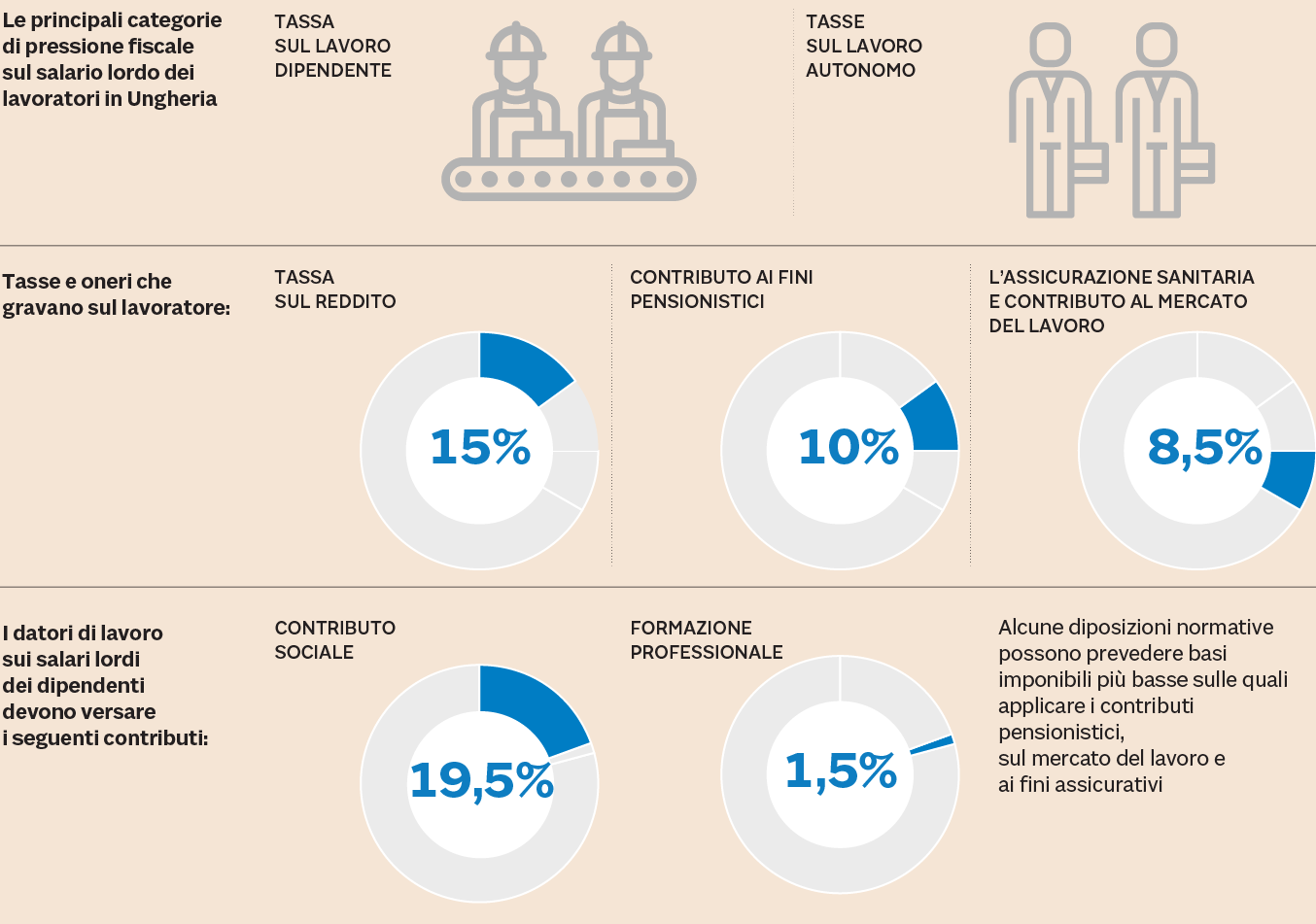
Every day a company with Italian capital is born in Hungary. Wholesale and retail commercial activities dominate (about a third of the total). Close by are real estate (there are over 400 companies), manufacturing (over 300), professional and so on.
The calculation was made from the database of the Itl group born from the intuition of the Venetian entrepreneur Alessandro Farina who, having arrived in Budapest in 1992, founded a group three years later that today assists Italian companies entering the Hungarian market, ranging from finance to audit, passing through consultancy and presence in the real estate field.
The Itl Group archive now includes 2,875 Italian companies, for a total of 26,097 employees and a total turnover of over 3.4 billion euros. The large ones, that is to say with over 250 employees hired, are 16 with a total of 13,710 subordinate workers and a turnover of over 1.1 billion. Most are small or very small and often do not indicate the number of employees. Most are found in the area around Budapest but there are also those distributed in the border areas.
«This country has witnessed a strong acceleration of Italian companies since 2012 – Not all of them survive. Every year the positive balance between registered and canceled is about a hundred companies».
Those who do research pay half
It cannot be denied that the fiscal aspect has played a fundamental role at least in the last 22 years which have seen corporate income rates drop from 18% to 9%, therefore with a sharp halving, without forgetting that those who invest in research and development pays only 4.5% of taxes and lastly without forgetting that tax rulings (bilateral and confidential agreements between the state and the investor) are also a widespread practice here, especially with large companies and multinationals.
Doing in-house research and development pays off. «Hungary wants to become a pole of attraction in terms of know-how – explains Mari – It is no coincidence that the country is attracting excellence, including Hungarian expatriates». Farina agrees with Mari: «Hungary is increasingly retraining through research and development».
This policy seems to be bearing fruit, given that in 2017 (latest data available) the Hungarian state coffers forfeited 14,400 billion forints, equal to about 45 billion euros, an increase compared to 2016. Corporate taxes have yielded over 711 billion forints, equal to more than 2 billion euros (down compared to 2016).
Apart from this, Hungary has chosen to accompany those who went there to invest, developing a lot of infrastructure and services. To give an example, until about 20 years ago the motorways spread out radially starting from the epicenter Budapest but stopped about 60 km from the capital. Now, on the other hand, motorways and expressways cross the entire country.

